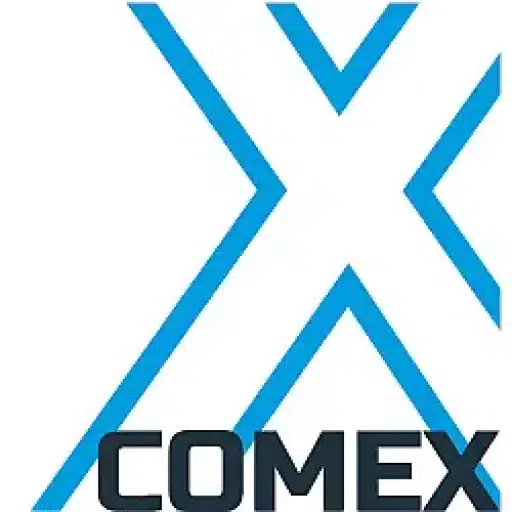+31 (0)43 30 88 400 | office@comex.eu

The archive is no longer the archive!
The archive is no longer the archive!
We are increasingly facing developments such as machine learning and artificial intelligence (AI). To do machine learning and AI well, you need large amounts of data: after all, you need it as a basis for the computer to learn. This is getting better and faster. In municipalities and governments, for example, AI is used to identify areas where more attention is needed for community workers, or where more bike lanes are needed. This requires large amounts of data, including much “old” data, collected over several years and stored in an archive.
Opposition
That storage in an archive provides a contrast to the developments mentioned earlier. Machine learning and AI simply require fast access to this data, while digital archives, on the other hand, usually do not provide the fastest connection. A tape library, for example, is widely used but is slow storage. You can’t do AI well on this because it takes far too long to access the data for analysis.
More secondary data
In parallel is the development that we are getting more and more “secondary” data, which are in principle approachable. And we want to access this data more and more, because AI can do something with it. As such, the archive is not a storage that proverbially disappears under the dust, but an essential component for developments such as AI. So that requires fairly quick access.
Purchasing archival storage? Note!
Therefore, when purchasing archival storage, a shift in thinking must take place: where previously it was meant to be stored and never actually seen again, in these times of big data and AI, the archive has become an important part. If you don’t use your archive, you are actually throwing away company assets! Silent Bricks are fast, online and offer random access. Archive storage on Silent Bricks guarantees optimal access and speed, making it a great solution for the latest developments.
Visit us at the Infosecurity.nl, Data & Cloud Expo

